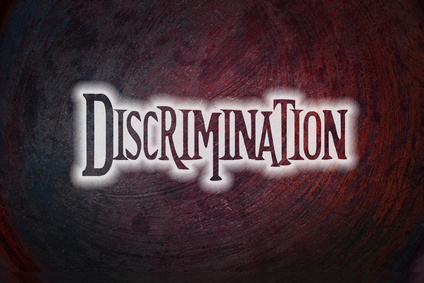
By Bobby Borg
Although age can be a sensitive subject for most musicians, you must accept that there’s a general prejudice against aging in the commercial music industry. Generally speaking, the industry views music as a youth-oriented business. While this might totally infuriate you, be sure that age discrimination can be overcome by reading these five tips.
1. Understand the Rationale: The idea is that a musician’s life expectancy in the pop, rock, R&B, and rap genres parallels that of an athlete’s career span in the sports world. As you approach the age of thirty-five, your chances of succeeding have significantly diminished.
While this is somewhat paradoxical, since musicians’ skills tend only to improve with age and experience, understand that most larger record companies rely heavily on youth, vitality, and sex appeal to sell music. They also prefer signing younger acts that, if successful, can bring them a return on their initial investment for several years to come. Be clear that these companies are businesses just like any other, and bottom line profits comes first and foremost.
2. Know The Exceptions: The professional artist who takes care of his or her health and image can get away with looking, acting, and seeming much younger than he or she actually is.
And, of course, there’s always the rare exception to the rule whereby an older, more “adult” artist breaks all the barriers and is signed strictly on the virtue of his or her musical talent and songwriting abilities—bravo Susan Boyle of American Idol fame!
But even if you’re one of the so called lucky artists who gets that big break, only the most creative and business-minded artists can still appeal to younger audiences both musically and physically as he or she approaches the ages of fifty or sixty—Madonna is one classic example.
3. Look at your career reasonably: Although age is not something you think about in the entertainment business when you’re in your teens or twenties, age and image in the commercial marketplace are very real issues for musicians in their “middle years.” Therefore, unless you want to go on a personal crusade to change the status quo (and some artists do—hats off to them), it’s advisable to look at your career reasonably and have the foresight to set realistic goals for yourself.
4. Know Your Options: If you are older, and are considering your career status, age, and image, it might be prudent to focus on a genre of music whose audience has a more sophisticated and older demographic profile. Or, you might seek a recording deal with a smaller, less commercial, independent record label, or simply resort to a do-it-yourself (DIY) approach—a situation in which you can make all of your own business decisions and not let the record companies or anyone else dictate what you can and cannot do and how old you have to be to do it!
Taking this one step further, some musicians find more purpose in doing “behind the scenes” work—composing for other artists, for film and television, and even for video games; there’s big money there!
5. Agree or Disagree: In closing, please don’t get mad at me about this stuff, I’m just the messenger. This blog post is in no way to suggest you abandon your original dreams or succumb to this age prejudice; but rather it’s about looking at age and image in the music business realistically and learning how to continually reinvent and brand yourself over time to find your appropriate audience.
Make no mistake, age prejudice in the commercial marketplace does exist, but it can be overcome if you are realistic, smart, and adaptable. I truly hope you’ve been inspired. Good luck.
 Bobby Borg Is The Author of The New Book Business Basics For Musicians: The Complete Handbook From Start To Success (Published by Hal Leonard) available at www.bobbyborg.com/store. For a limited time special offer, get the book, CD, and DVD for only $21.99 (a $70 Value).
Bobby Borg Is The Author of The New Book Business Basics For Musicians: The Complete Handbook From Start To Success (Published by Hal Leonard) available at www.bobbyborg.com/store. For a limited time special offer, get the book, CD, and DVD for only $21.99 (a $70 Value).
Copyright ©2015 By Bobby Borg



